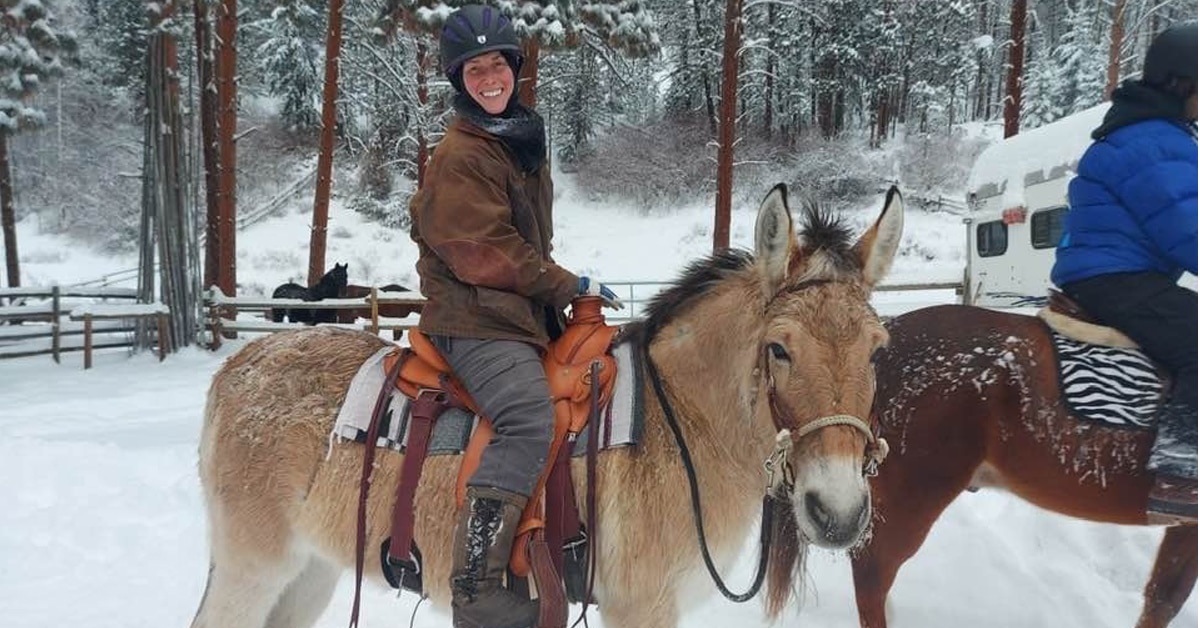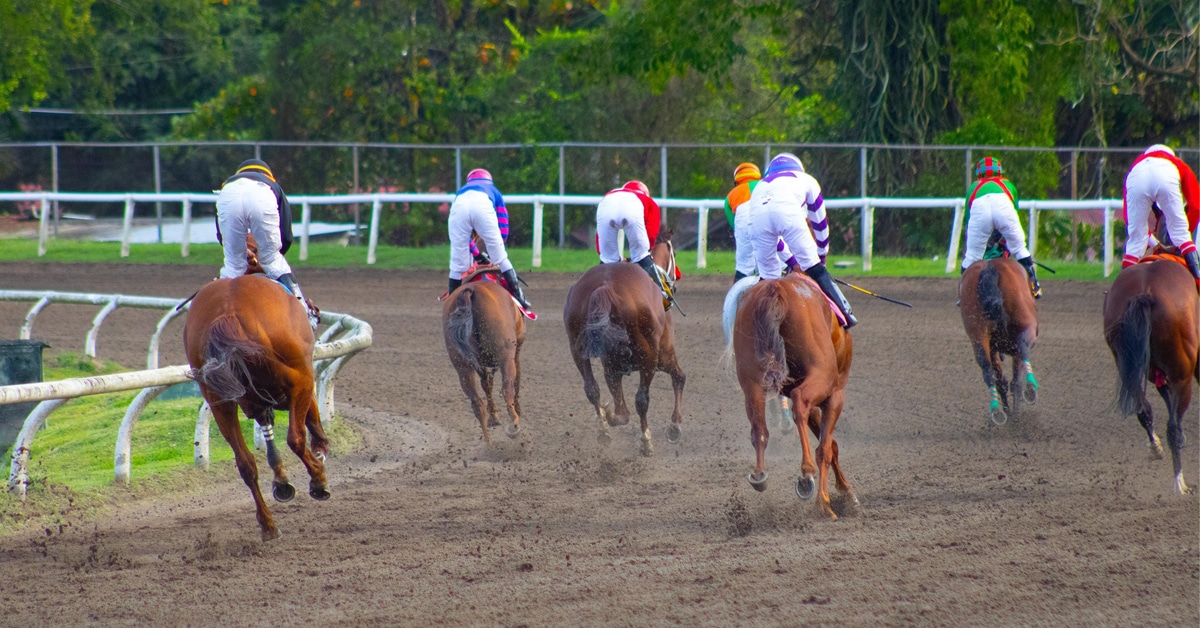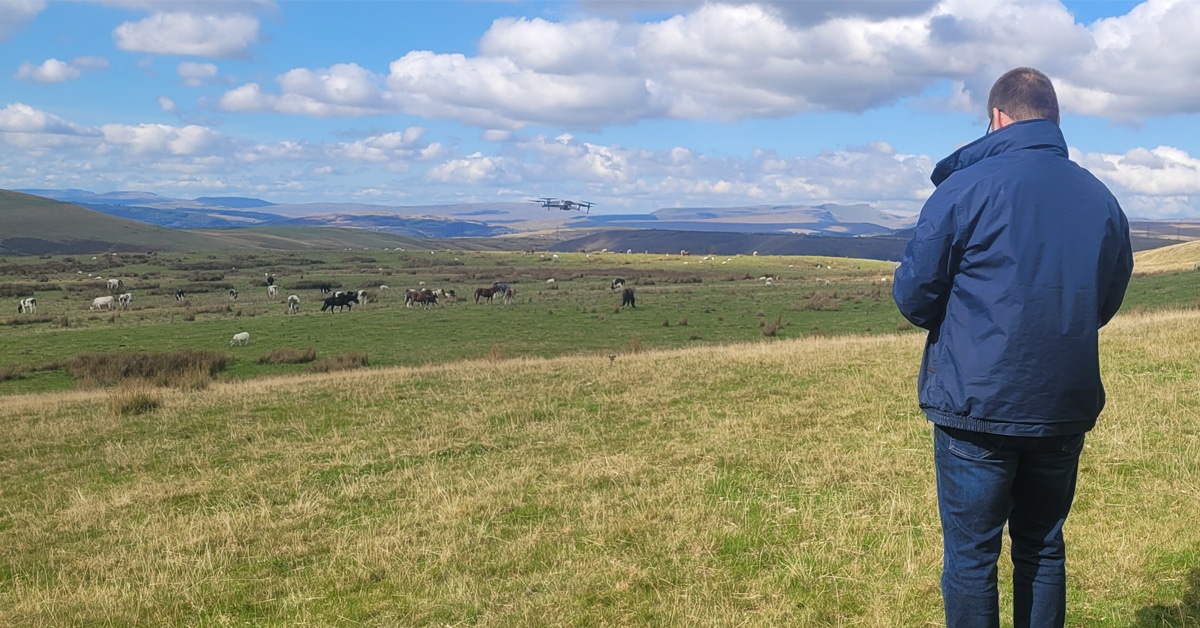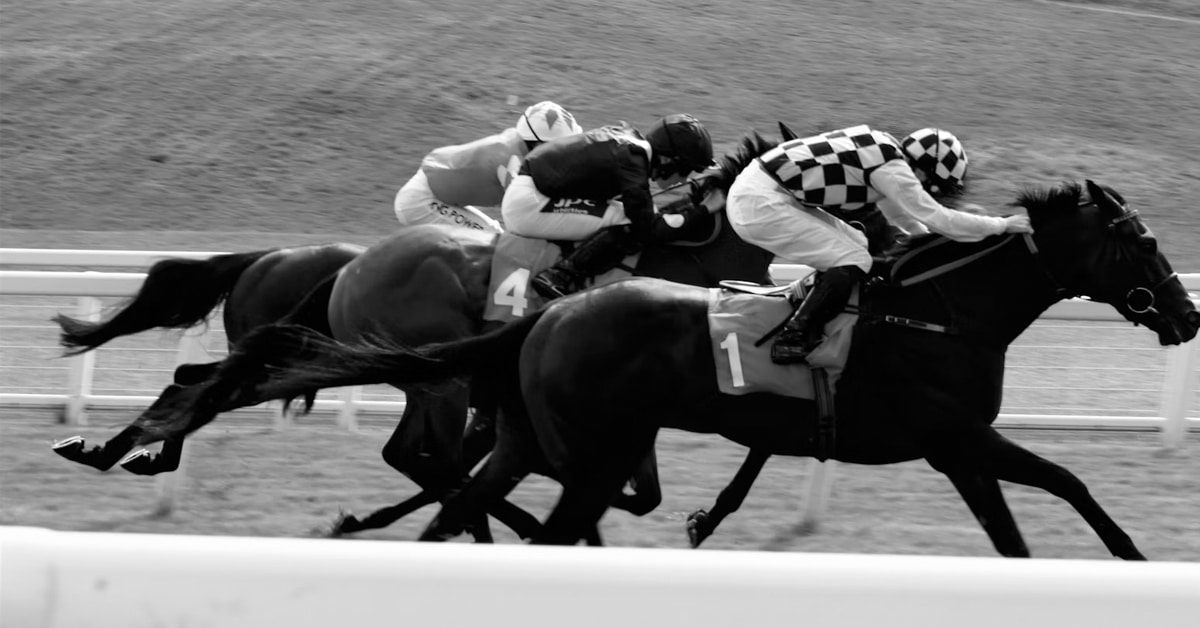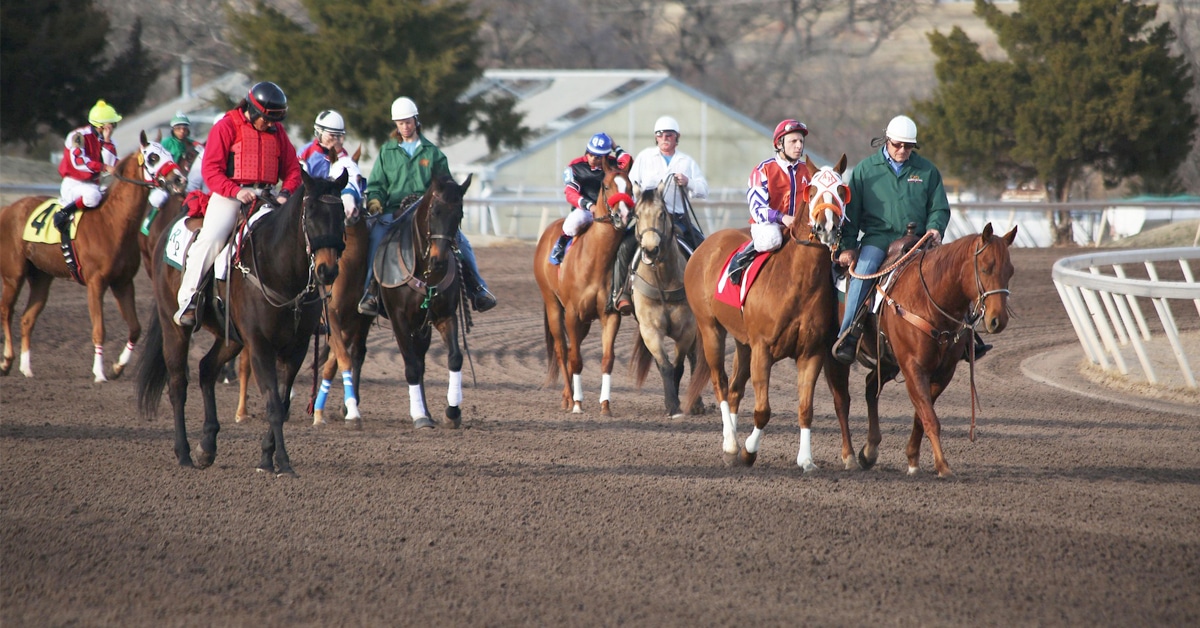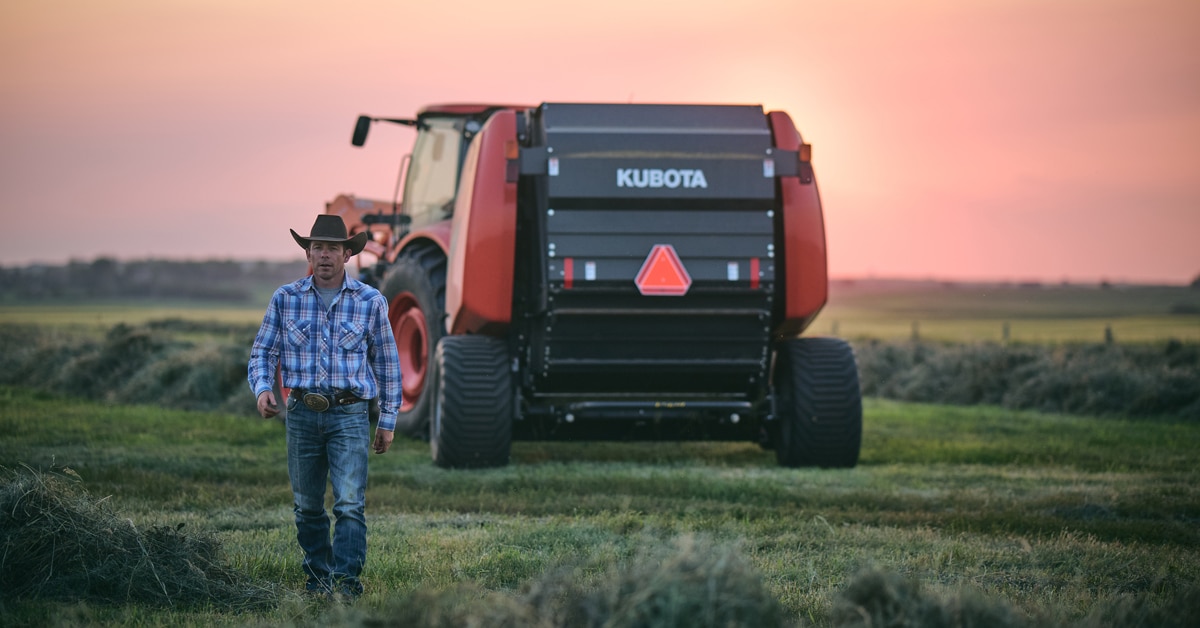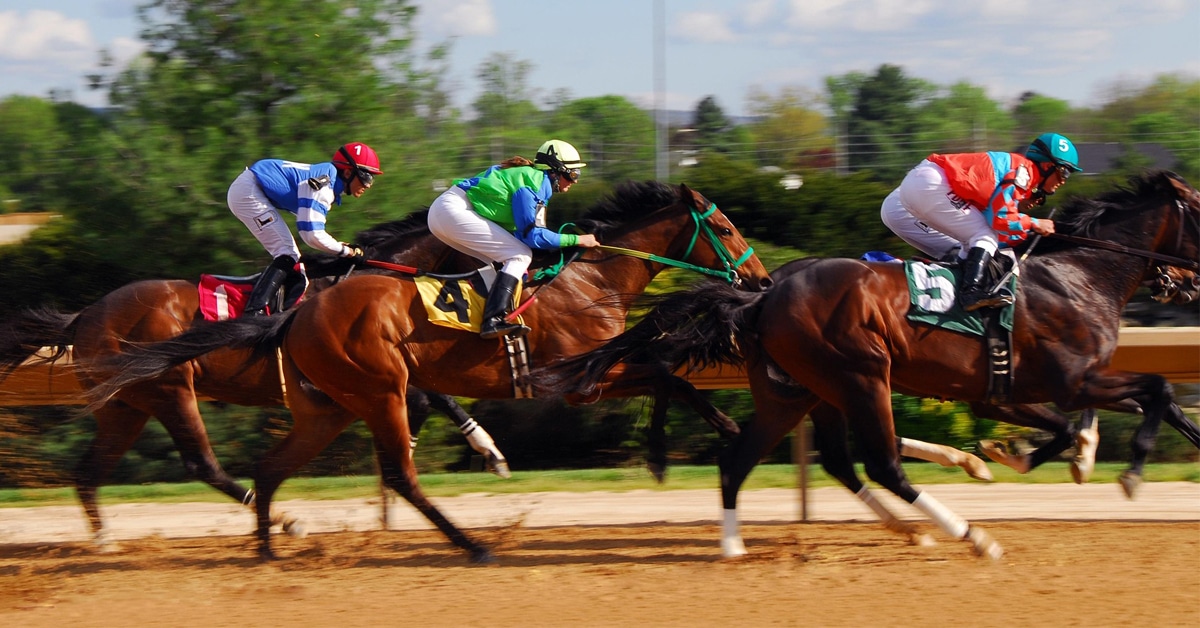Whenever I start working with new clients, one of my first tasks is to help them identify their strengths as horsemen, as well as the areas they most need to work on. I usually start this process by trying to get a sense of what is going on inside a person when they interact with their horse and with other horse people, as this is often the source of both our greatest assets and our most profound challenges. Only when I have a sense of the inside of a person will I start looking at external aspects like how well they ride, how well they communicate with their horse, and how much they understand about optimizing a horse’s peace of mind and athleticism. If you want to evaluate your own strengths and weaknesses as a horseman, I recommend starting by considering the following:
1. Do you keep an open mind when faced with differing points of view, or do you tend to become critical or defensive?
The horse world is known for being a hotbed of varying and often very strong opinions, and those differences in thought can easily shift into criticism of others, or defensiveness if we feel our own approach is being criticized. The great horsemen I’ve known, however, tend to be curious and thoughtful when they encounter differing points of view, as they know from long experience that there is always more to learn, and you just never know when you’re going to find something of value in what someone has to say, even if you don’t much care for how they say it.
The way I see it, every style, aid or perspective has its pros and cons. If you concentrate on the cons, you will feel validated to discard the idea, but if you seek out the pros, you are likely to learn something that might be of use to you, either now or at some point down the road. That said, you want to be sure that you find someone who presents an idea, aid or technique from a place of knowledge and skill before making a judgement. For example, spurs can look like instruments of abuse when used poorly, but they can be the lightest of aids when used well.
2. Are you a good friend to yourself in your horsemanship journey, or your own worst critic?
Another strength shared by the accomplished horsemen I’ve known is that while they maintain a sense of humility, they have learned not to be overly critical of themselves. It is far too easy to tear ourselves down when we feel like we’re not as good as we want to be or when we’ve made some kind of mistake with our horses, but such negativity can seriously inhibit our progress. The reality is that even the best horsemen make mistakes, and they understand that there are always going to be ups and downs when working with horses – that’s just a normal part of the process and nothing to get upset about. So, instead of letting negative thoughts take root in their minds, great horsemen generally take note of their shortcomings and mistakes, see them as learning opportunities, then start seeking better ways to do it the next time.
Another way to look at this is to think of the kindness and support you would give a good friend if they were having some kind of struggle with their horse, then give that same kindness and support to yourself. Try to recognize that there is never any shame in being at whatever stage of your horsemanship journey you are in.
3. When you have a of struggle with your horse, do you tend to blame the horse or look to yourself to come up with a solution?
Another sign of a great horseman is having the ability to recognize that when a horse is struggling or doing something we don’t want him to do, it is our responsibility to find a way to make things clear so the horse can find peace in what we are asking. Good horsemen never blame the horse, as they understand that horses are only doing the best they can with the information they have received. Horses do not intend to be bad; they only want to sort things through and survive.
Many of us, however, encounter some kind of difficulty and immediately get upset with the horse: he’s being a jerk, he’s disrespectful, he’s lazy, and so on. The problem with that kind of thinking is that when we put such labels on a horse, we tend to respond to his actions with negative emotions, and feel justified to use pressure in ways that are not the most helpful for the situation. Thus, if you are striving to improve your horsemanship, it is critical to see any struggle with a horse as a demonstration that the horse has needs you have not yet met, and then look to yourself for what you can do differently in order to meet those needs.
There are certainly other aspects to look at when it comes to the strengths and weaknesses in your horsemanship, and I encourage you to examine them all. Just remember that one of the greatest draws of this journey with horses is the fact that it is never “done.” There is always more we can learn, both from other horse people and from the horses we interact with. If, while we walk that path, we keep in mind that working on what’s inside us is just as important as working on improving our skills, we might someday truly earn the title of “horseman.”
The Latest
